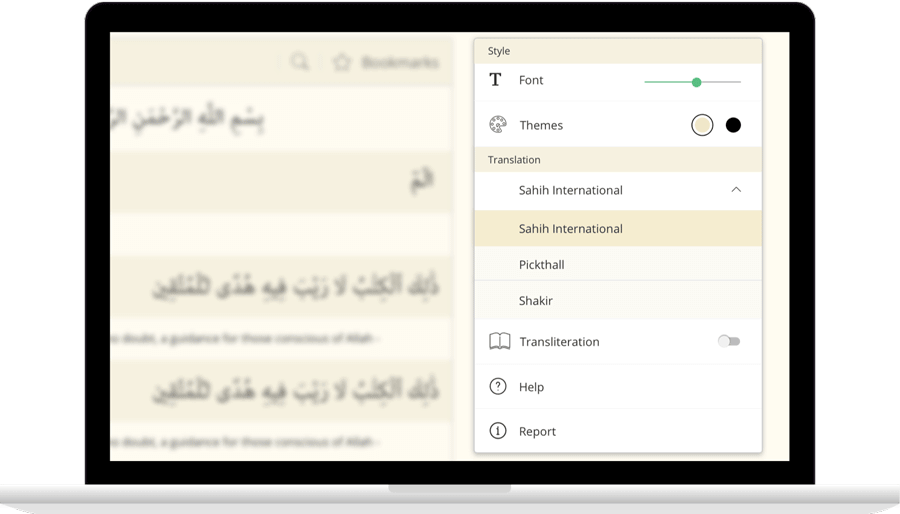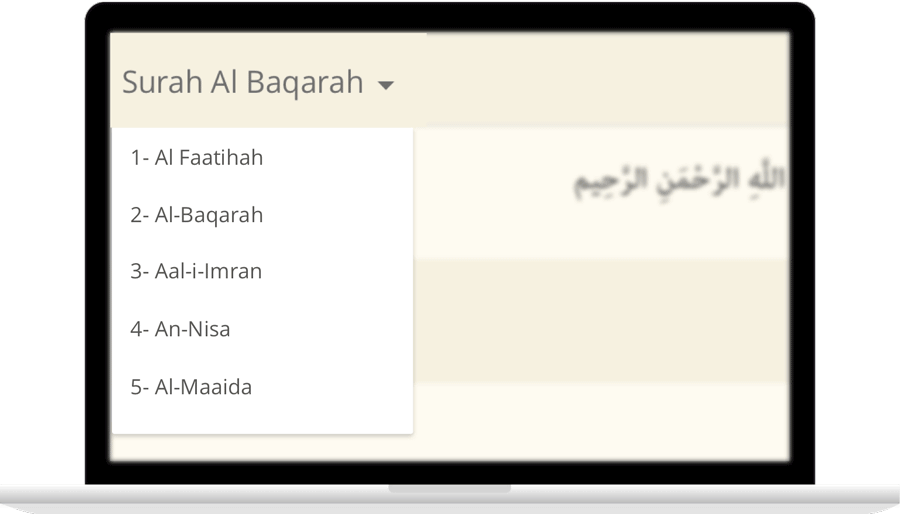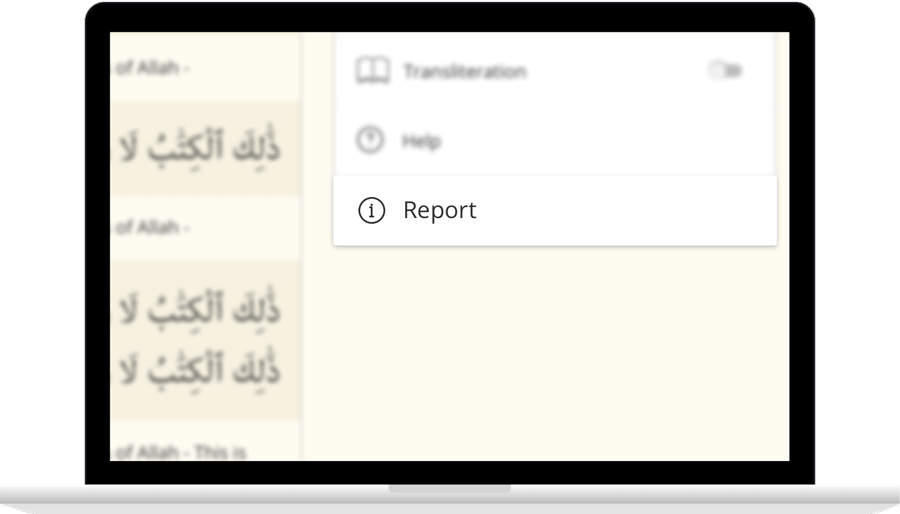Oku Surat NisaSure okuma
وَإِذَا حَضَرَ ٱلْقِسْمَةَ أُو۟لُوا۟ ٱلْقُرْبَىٰ وَٱلْيَتَٰمَىٰ وَٱلْمَسَٰكِينُ فَٱرْزُقُوهُم مِّنْهُ وَقُولُوا۟ لَهُمْ قَوْلًا مَّعْرُوفًا
وَلْيَخْشَ ٱلَّذِينَ لَوْ تَرَكُوا۟ مِنْ خَلْفِهِمْ ذُرِّيَّةً ضِعَٰفًا خَافُوا۟ عَلَيْهِمْ فَلْيَتَّقُوا۟ ٱللَّهَ وَلْيَقُولُوا۟ قَوْلًا سَدِيدًا
إِنَّ ٱلَّذِينَ يَأْكُلُونَ أَمْوَٰلَ ٱلْيَتَٰمَىٰ ظُلْمًا إِنَّمَا يَأْكُلُونَ فِى بُطُونِهِمْ نَارًا وَسَيَصْلَوْنَ سَعِيرًا
يُوصِيكُمُ ٱللَّهُ فِىٓ أَوْلَٰدِكُمْ لِلذَّكَرِ مِثْلُ حَظِّ ٱلْأُنثَيَيْنِ فَإِن كُنَّ نِسَآءً فَوْقَ ٱثْنَتَيْنِ فَلَهُنَّ ثُلُثَا مَا تَرَكَ وَإِن كَانَتْ وَٰحِدَةً فَلَهَا ٱلنِّصْفُ وَلِأَبَوَيْهِ لِكُلِّ وَٰحِدٍ مِّنْهُمَا ٱلسُّدُسُ مِمَّا تَرَكَ إِن كَانَ لَهُۥ وَلَدٌ فَإِن لَّمْ يَكُن لَّهُۥ وَلَدٌ وَوَرِثَهُۥٓ أَبَوَاهُ فَلِأُمِّهِ ٱلثُّلُثُ فَإِن كَانَ لَهُۥٓ إِخْوَةٌ فَلِأُمِّهِ ٱلسُّدُسُ مِنۢ بَعْدِ وَصِيَّةٍ يُوصِى بِهَآ أَوْ دَيْنٍ ءَابَآؤُكُمْ وَأَبْنَآؤُكُمْ لَا تَدْرُونَ أَيُّهُمْ أَقْرَبُ لَكُمْ نَفْعًا فَرِيضَةً مِّنَ ٱللَّهِ إِنَّ ٱللَّهَ كَانَ عَلِيمًا حَكِيمًا
وَلَكُمْ نِصْفُ مَا تَرَكَ أَزْوَٰجُكُمْ إِن لَّمْ يَكُن لَّهُنَّ وَلَدٌ فَإِن كَانَ لَهُنَّ وَلَدٌ فَلَكُمُ ٱلرُّبُعُ مِمَّا تَرَكْنَ مِنۢ بَعْدِ وَصِيَّةٍ يُوصِينَ بِهَآ أَوْ دَيْنٍ وَلَهُنَّ ٱلرُّبُعُ مِمَّا تَرَكْتُمْ إِن لَّمْ يَكُن لَّكُمْ وَلَدٌ فَإِن كَانَ لَكُمْ وَلَدٌ فَلَهُنَّ ٱلثُّمُنُ مِمَّا تَرَكْتُم مِّنۢ بَعْدِ وَصِيَّةٍ تُوصُونَ بِهَآ أَوْ دَيْنٍ وَإِن كَانَ رَجُلٌ يُورَثُ كَلَٰلَةً أَوِ ٱمْرَأَةٌ وَلَهُۥٓ أَخٌ أَوْ أُخْتٌ فَلِكُلِّ وَٰحِدٍ مِّنْهُمَا ٱلسُّدُسُ فَإِن كَانُوٓا۟ أَكْثَرَ مِن ذَٰلِكَ فَهُمْ شُرَكَآءُ فِى ٱلثُّلُثِ مِنۢ بَعْدِ وَصِيَّةٍ يُوصَىٰ بِهَآ أَوْ دَيْنٍ غَيْرَ مُضَآرٍّ وَصِيَّةً مِّنَ ٱللَّهِ وَٱللَّهُ عَلِيمٌ حَلِيمٌ
تِلْكَ حُدُودُ ٱللَّهِ وَمَن يُطِعِ ٱللَّهَ وَرَسُولَهُۥ يُدْخِلْهُ جَنَّٰتٍ تَجْرِى مِن تَحْتِهَا ٱلْأَنْهَٰرُ خَٰلِدِينَ فِيهَا وَذَٰلِكَ ٱلْفَوْزُ ٱلْعَظِيمُ
وَمَن يَعْصِ ٱللَّهَ وَرَسُولَهُۥ وَيَتَعَدَّ حُدُودَهُۥ يُدْخِلْهُ نَارًا خَٰلِدًا فِيهَا وَلَهُۥ عَذَابٌ مُّهِينٌ
وَٱلَّٰتِى يَأْتِينَ ٱلْفَٰحِشَةَ مِن نِّسَآئِكُمْ فَٱسْتَشْهِدُوا۟ عَلَيْهِنَّ أَرْبَعَةً مِّنكُمْ فَإِن شَهِدُوا۟ فَأَمْسِكُوهُنَّ فِى ٱلْبُيُوتِ حَتَّىٰ يَتَوَفَّىٰهُنَّ ٱلْمَوْتُ أَوْ يَجْعَلَ ٱللَّهُ لَهُنَّ سَبِيلًا
وَٱلَّذَانِ يَأْتِيَٰنِهَا مِنكُمْ فَـَٔاذُوهُمَا فَإِن تَابَا وَأَصْلَحَا فَأَعْرِضُوا۟ عَنْهُمَآ إِنَّ ٱللَّهَ كَانَ تَوَّابًا رَّحِيمًا
إِنَّمَا ٱلتَّوْبَةُ عَلَى ٱللَّهِ لِلَّذِينَ يَعْمَلُونَ ٱلسُّوٓءَ بِجَهَٰلَةٍ ثُمَّ يَتُوبُونَ مِن قَرِيبٍ فَأُو۟لَٰٓئِكَ يَتُوبُ ٱللَّهُ عَلَيْهِمْ وَكَانَ ٱللَّهُ عَلِيمًا حَكِيمًا
Contact Us










